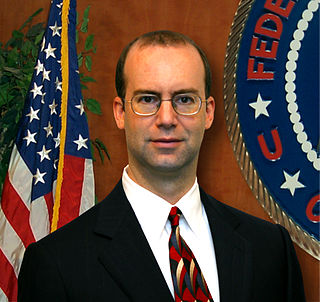A Quote by Thomas B. Macaulay
It is certain that satirical poems were common at Rome from a very early period. The rustics, who lived at a distance from the seat of government, and took little part in the strife of factions, gave vent to their petty local animosities in coarse Fescennine verse.
Related Quotes
I think in the early part of my career, the roles were so disparate that it never gave anybody an opportunity to understand my essence and what I would be good at doing, as opposed to what I would not be good at doing, so these little moments of beautiful things that were happening to me were consistent, but very few and very far between.
Since the building of Constantinople, and the removal of the seat of government to that city, no political quarrel separated Rome from Egypt. Pagan Rome, ever since the union of the two countries under Augustus, except when interrupted by the rebellions, had been eagerly copying the superstitions of Egypt, and Christian Rome still followed the same course.
'Love, Death and the Changing of the Seasons' is a kind of novel in verse about the arc of an urban lesbian love affair - and I suppose there is a certain amount of voyeurism in the consumption of fiction! The 'Sancerre' poems here are more contemplative and about the relationship of the individual to local and wider histories.
I know that one of the things that I really did to push myself was to write more formal poems, so I could feel like I was more of a master of language than I had been before. That was challenging and gratifying in so many ways. Then with these new poems, I've gone back to free verse, because it would be easy to paint myself into a corner with form. I saw myself becoming more opaque with the formal poems than I wanted to be. It took me a long time to work back into free verse again. That was a challenge in itself. You're always having to push yourself.
I think the Greeks first took astrology to India and took from the Hindus the science of astronomy and carried it back with them from Europe. Because in India you will find old altars made according to a certain geometrical plan, and certain things had to be done when the stars were in certain positions, therefore I think the Greeks gave the Hindus astrology, and the Hindus gave them astronomy.
So strong is this propensity of mankind to fall into mutual animosities, that where no substantial occasion presents itself, the most frivolous and fanciful distinctions have been sufficient to kindle their unfriendly passions and excite their most violent conflicts. But the most common and durable source of factions has been the various and unequal distribution of property.
I was in Iraq in the worst period, 2006, but from 2006 to 2008, and especially through 2011, the American military and the government of Iraq made huge strides in making that country a source of stability with a relatively representative government that was seeking pluralistic engagement from all the factions within the government.
Holocaust is very much a part of present discussion all over the place. There are little plaques everywhere you go around in different neighborhoods. "This person here was prosecuted." "This person was sent to this concentration camp." "A family of Jews lived here. They took over his business." Little, very discrete, very dignified plaques are everywhere.
It is clear from a common sense viewing of the program that coarse language is a part of the culture of the individuals being portrayed. To accurately reflect their viewpoint and emotions about blues music requires airing of certain material that, if prohibited, would undercut the ability of the filmmaker to convey the reality of the subject of the documentary.


































